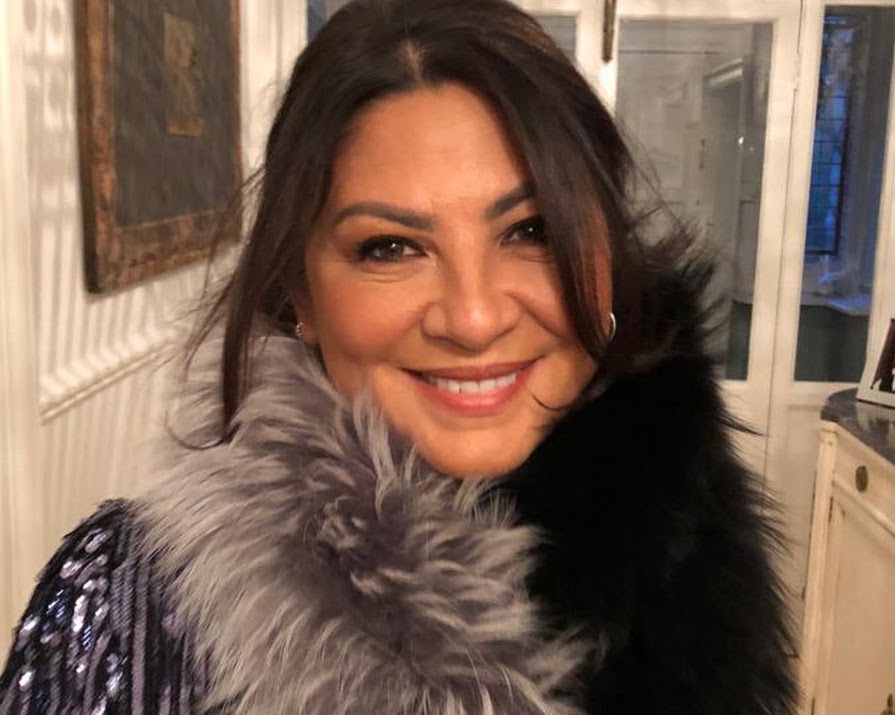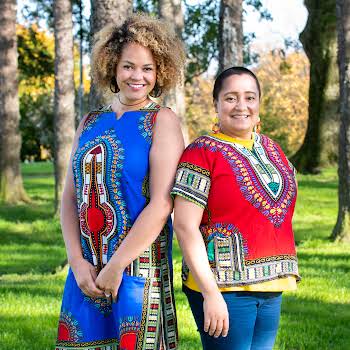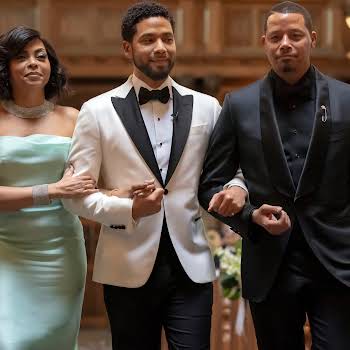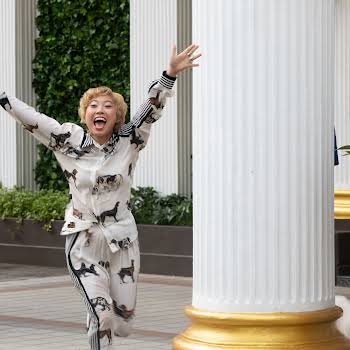
By Laura George
21st Jun 2020
21st Jun 2020
Laura George is Chairperson and co-owner of Image Media and has contributed to the magazine for over thirty years.
I’ve never thought of myself as a person of colour. And I’m pretty sure most of the people I know don’t think of me as one either. But, if you think Barack Obama is black then I am.
And in fairness, when I was born in LA in 1963, it was illegal in 16/50 states for my parents to be married. My dad, then a captain in the US Air Force, could only be stationed on certain bases – huge swathes of the south and even ‘liberal’ Northeast were out of bounds.
The stench of white supremacism permeated the fabric of daily life, too- our town was the regional KKK HQ
Growing up during the Vietnam War in the Deep South, I was very aware of racial inequity. There were still sharecroppers living all around us in poverty to rival that of any in the Developing World. The stench of white supremacism permeated the fabric of daily life, too- our town was the regional KKK HQ and I remember vividly hiding inside a clothes store once with my mother until a parade passed by on Main Street in broad daylight.
I was not exempt from racial slurs and bullying in school- ironically usually perpetrated by black kids with no one else beneath them in the local hierarchy. My parents chose not to dignify these episodes with contempt. One time, when I told them I’d been called a ‘Chinese war baby who should go back home’, they tried to reason that I should feel sorry for the bully because his geography was so bad (my mother is Japanese).
Luckily, I was street smart enough not to pull out a map and knew avoidance was probably the safest strategy- no doubt, they were counting on that as part of their response.
Happy bubble
The thinking was that sooner than later there would be more sound people than racists and our collective soundness would gather strength and filter down. I’ve only realised this last few weeks that this optimistic approach is a big part of the problem, too.
The goal back then for many minorities was assimilation. Whether you were Jewish or Mexican or half Japanese, the goal was for us to fit in. It was on us to do most of the work, and not everyone else. My mother’s friends and family who were interned during WWII in the Californian desert practiced blending in assiduously, working their asses off to become doctors and lawyers and academics as if middle classhood would confer ‘Americanness’ upon them.
Affirmative action was controversial- the subtext was always that you’d only been hired because you were a minority, not because you were the best candidate for a job and that stung.
I was incredibly lucky and ultimately escaped to a very posh boarding school up North, where the diversity policy consisted of admitting one black girl into the class of 100 on scholarship and one half Asian (me). Ours was a happy bubble and we both grew into pretty outgoing, confident young women, even though we had to watch from the sidelines every weekend as our peers socialised – there was zero chance anyone was ever going to ask us to dance let alone kiss us and we all knew it.
Logic and reason and all the personal goodwill in the world isn’t enough.
Not only were we encouraged to assimilate, we and everyone in our liberal echo chamber was encouraged to be race blind. The thinking was that sooner than later there would be more sound people than racists and our collective soundness would gather strength and filter down. I’ve only realised this last few weeks that this optimistic approach is a big part of the problem, too.
Logic and reason and all the personal goodwill in the world isn’t enough. It’s like handing the bully a map, trying to teach him the difference between China and Japan and expecting him to have an epiphany.
Irish racism
But it isn’t enough just to be sound yourself anymore. That’s tacit complicity.
In Ireland, I’ve rarely encountered racism personally over the last thirty years, and then only what I would consider microaggressions- the next door neighbour who told me repeatedly she wouldn’t speak to me for a decade because I wasn’t white; the people at a party who told me to fetch them drinks because they thought I was staff and then gave out stink to me when I didn’t; the woman at The Gate who told me I needed to clean the loo when I was standing in line with other theatregoers to use the facilities; the shopkeeper to whom I was pointedly invisible.
While these things never hurt me, I hope I’ve never done anything like that to anyone else- made assumptions that belittled someone because of the way they look.
These are obviously all minor, nonsystemic abuses and if you’re a considerate person who knows better, you probably think you’re not part of the bigger problem they point to. But it isn’t enough just to be sound yourself anymore. That’s tacit complicity. It’s time to use whatever tools are at our disposal to actively right whatever wrongs surround us, big and small- social platforms, donations, protests, hiring policies and educational tools as well as our humanity.
Read more: ‘Whenever you find yourself on the side of the majority, it’s time to pause and reflect’ – Mark Twain
Read more: Racism in Ireland: Black Irish women speak out on social media about their experiences
Read more: 6 things to know about direct provision























